South Korea’s Working Holiday Visa for Australians
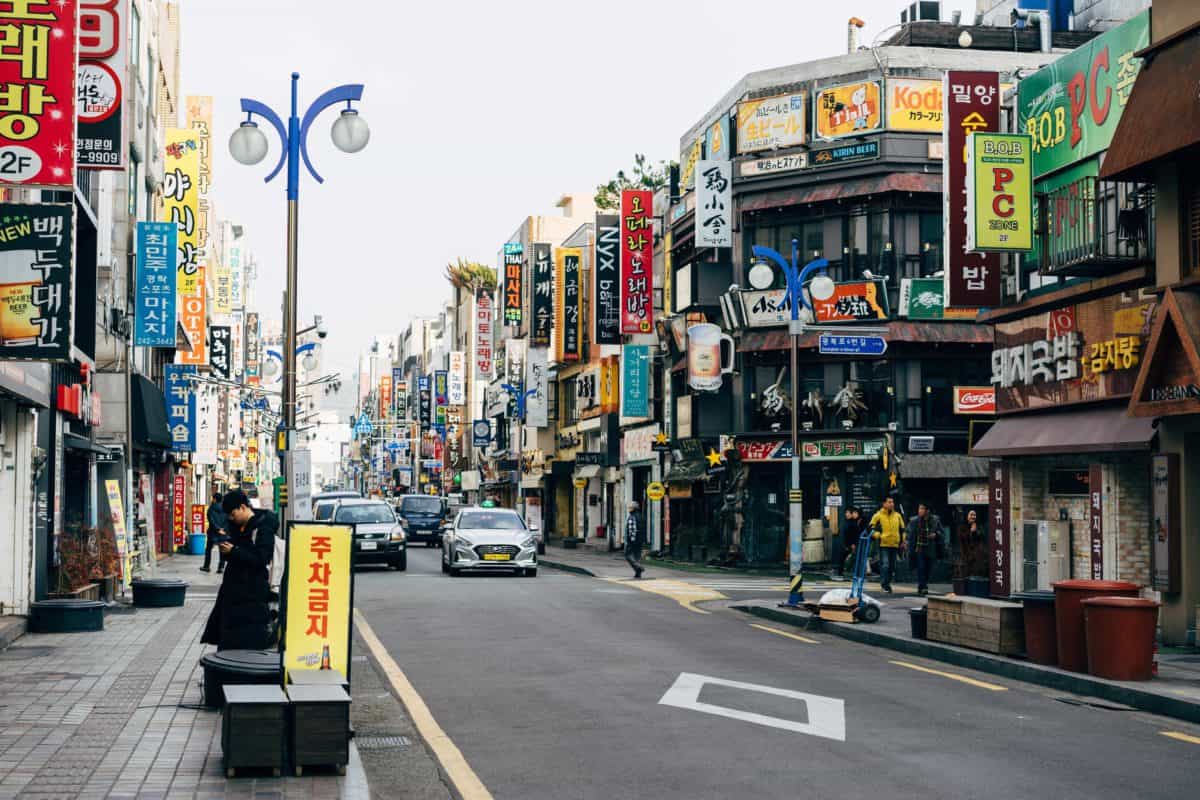
If you’re an Australian aged between 18 and 30 years old, you can apply for a working holiday visa in the Republic of Korea, better known as South Korea. This allows you to live and work in the country for up to 12 months!
During this time you may study the Korean language for up to four months. You may even be able to take Korean language classes for free with courses offered by Seoul Global Center and Korea Foundation. You can also work for up to six months per employer, although there are some restrictions on the type of work permitted (see below).
If you’d like to use Seoul as a base to travel around northern Asia, this visa also lets you leave and re-enter South Korea as many times as you like during the year.
This page contains information about South Korea’s working holiday (H-1) visa for Australian citizens. It was last updated on 21 July 2024.
Key facts about South Korea
- Population: Approx. 52 million
- Official language: Korean
- Capital city: Seoul
- Largest cities: Seoul, Busan, Incheon, Daegu, Daejeon
- Name of the country in Korean: 대한민국
- Currency: South Korean won (KRW)

South Korea Working Holiday Visa requirements for Australians
In addition to Australians, Republic of Korea offers working holiday visas to citizens of many other countries including Andorra, Argentina, Austria, Belgium, Canada, Chile, Czech Republic, Denmark, France, Germany, Hong Kong, Hungary, Ireland, Israel, Italy, Japan, Netherlands, New Zealand, Poland, Portugal, Spain, Sweden, Taiwan, USA and UK.
The information on this page applies to Australian citizens. Please check with the South Korean embassy or consulate in your country, or the Republic of Korea Ministry of Foreign Affairs website, for information applicable to citizens of other countries.
To apply for a South Korean Working Holiday (H-1) visa as an Australian citizen, you must meet the following requirements:
- Aged between 18-30 years old (inclusive) at the time of application
- Have at least the equivalent of KRW3,000,000 (approx. AUD3,300) in savings
You cannot apply for this visa if you:
- Will be accompanied by dependent children
- Have a criminal record
- Have already participated in the working holiday program in South Korea
Documents needed to apply for this visa
When applying for a Working Holiday Visa for South Korea as an Australian citizen, you will need to provide the following documents:
- Valid Australian passport
- Visa application form (PDF)
- Recent passport-sized photograph
- Round-trip plane ticket to South Korea (or proof of sufficient funds to buy one)
- Activity plans for your time in South Korea (see example)
- Bank statement/s or other proof of sufficient funds to support yourself initially for at least 3 months in South Korea
- Proof of health insurance which remains valid during your entire stay in South Korea (minimum coverage KRW40,000,000, or approx. AUD44,000)
- Medical examination results/certificate
- Prepaid express platinum post envelope for the return of your passport (if you are not collecting it in person)
There is a visa application fee of approximately AUD548.80 (this is subject to change).
More information is available on the Consulate General of the Republic of Korea in Sydney website.
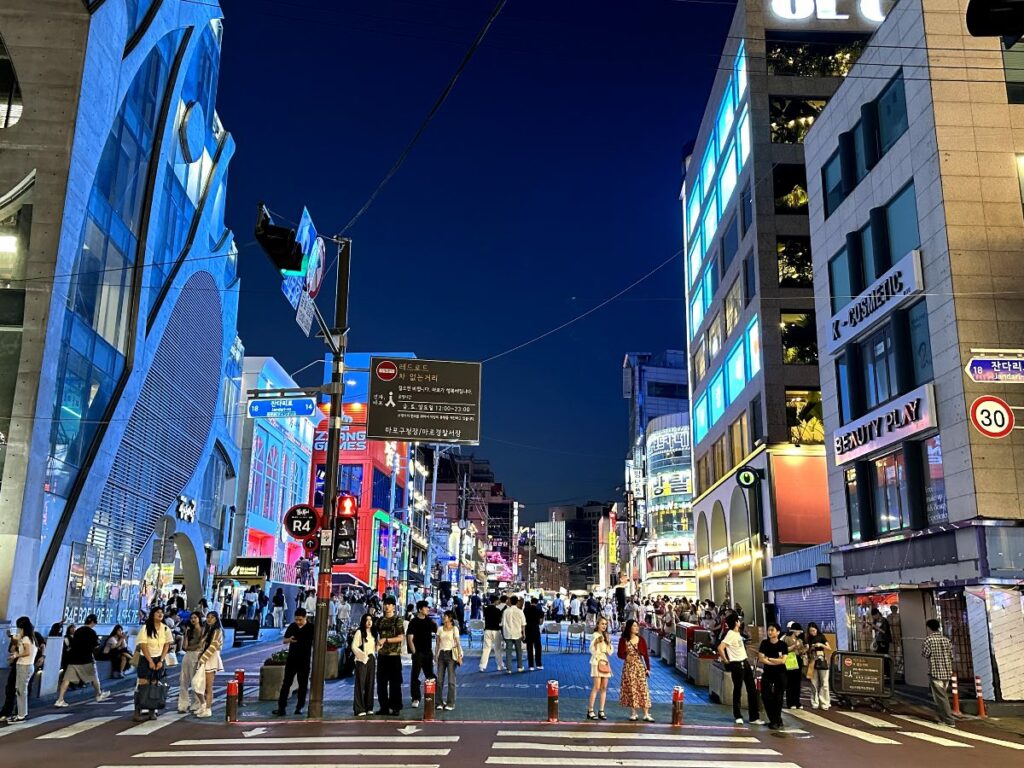
How to apply for a South Korean Working Holiday Visa
Australians can apply for a working holiday visa in person or by mail at the following locations:
- Embassy of the Republic of Korea in Canberra (ACT, SA, WA or TAS residents)
- Consulate General of the Republic of Korea in Sydney (NSW, QLD or NT residents)
- Consulate General of the Republic of Korea in Melbourne (VIC residents)
Once your visa has been processed, you pick it up from the embassy or it will be mailed to you if you provided a prepaid envelope with your application.
It takes approximately 7 business days for visa applications to be processed. You’ll be able to enter South Korea up to 12 months from the date of visa issuance.
It’s not possible for Australian citizens to apply from outside of Australia. Please check with the relevant consulate or embassy for more information about the application process.
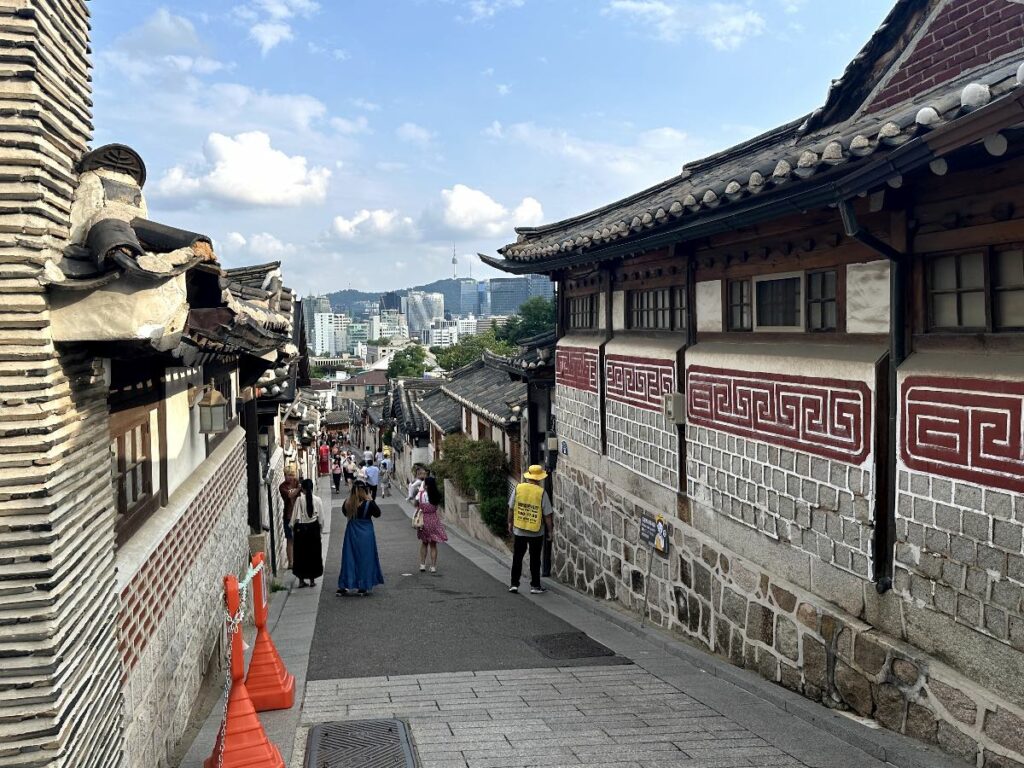
Arrival in South Korea
You will need to visit your nearest Immigration Office within 90 days of arriving in South Korea to apply for a foreigner (alien) residence card. This is required for many activities in South Korea such as opening a bank account, signing a lease or working. It generally takes around 3 weeks after applying for your residence card to be issued.
The Working Holiday Info Center, which is run by South Korea’s Ministry of Foreign Affairs, has produced a very detailed and helpful PDF guide for working holiday makers in South Korea.
For more information about the working holiday program and moving to South Korea, see the Working Holiday Info Center website.
Work restrictions for working holiday visa holders in South Korea
The South Korean working holiday visa allows you to work during your holiday, but only for a maximum of 1,300 hours across the whole year. That’s an average of 25 hours per week. You also cannot work for more than six months for the same employer.
You are also not allowed to take up work in the following fields:
- Service employee, dancer, singer, musician, or acrobat at an adult entertainment establishment
- Vocations that require specific qualifications, such as medical doctors, lawyers, professors, pilots, language instructors, etc.
- Work contrary to the purposes of working holiday programs, such as in journalism or politics
There are limitations on working as an English language teacher while in South Korea on a working holiday visa. This is unfortunate, as it’s an obvious choice of job if you don’t speak Korean. (If you do want to teach English in South Korea, there may be another type of visa such as the E-2 visa which is more suitable.)
But there are still other opportunities, and you will have a lot more options if you can speak (or want to learn) Korean. The Korean Ministry of Foreign Affairs suggests that working holiday makers could try finding work as translators, voice actors, hospitality (restaurant/hotel/bar) staff or volunteering on a farm. There are even jobs advertised for English speakers to proofread English language content for Korean companies.
While best efforts are made to keep this information updated, we do not guarantee its accuracy. If you spot an error, would like to suggest new information to be added or simply have a question, please let us know in the comments and we’ll endeavour to respond or update the article as quickly as possible!


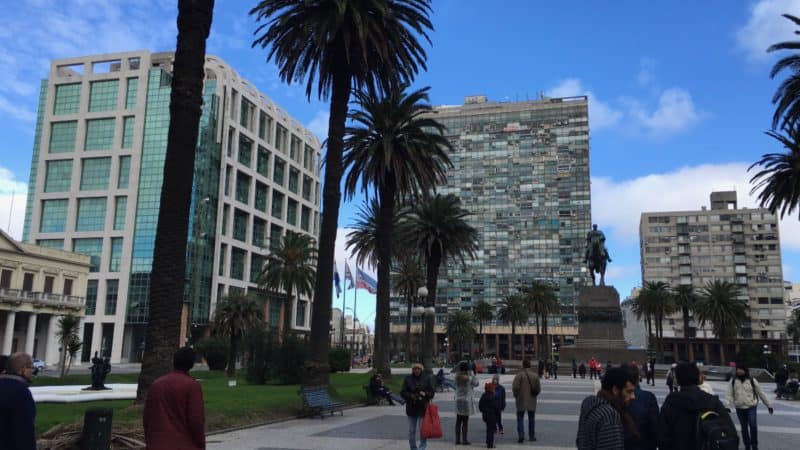
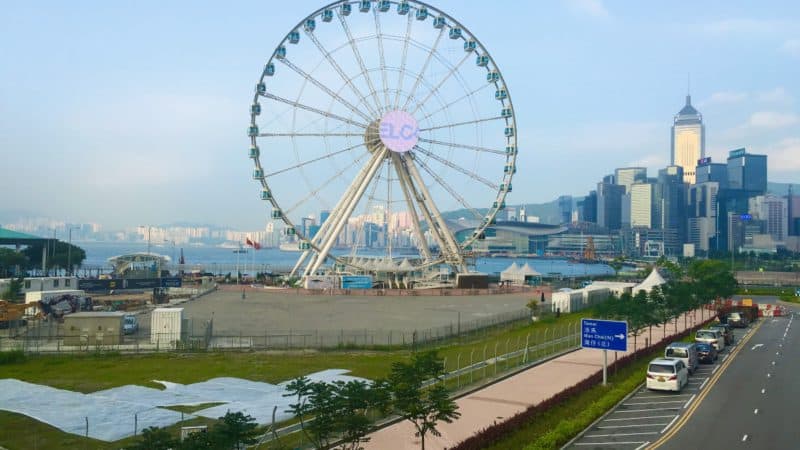
Hi, I am a 21 year old Australian, and am really interested in moving to Seoul on a working visa for at least 6 months next year. But I am so worried about not being able to find a job due to not speaking Korean, or just no companies/employers wanting me. I wanted to ask if it was very hard to find a job as a foreigner on a working visa, and if it was possible to secure a job before moving to Seoul?
Thank you so much for your help.
Kiara
I haven’t personally taken a working holiday in Korea, but I have been there several times. In my opinion, not speaking Korean would unfortunately make it difficult to find a job in most fields, but I don’t think it would be impossible. I think you may have a chance working somewhere like a hostel for international guests, for example.
This Korean website has a few tips: http://whic.mofa.go.kr/contents.do?menuNo=93&contentsNo=40
I think your employment opportunities (and overall enjoyment) would definitely be greater if you learn at least a bit of Korean, either before you go or as soon as you arrive.
Either way, it’s not impossible and if you want to give South Korea a go, I’d say go for it! There’s a lot to like about the country 🙂